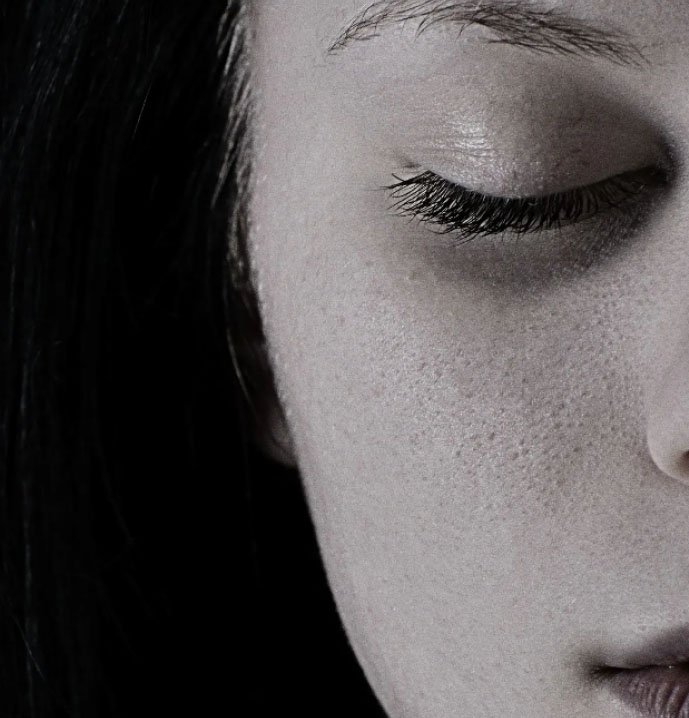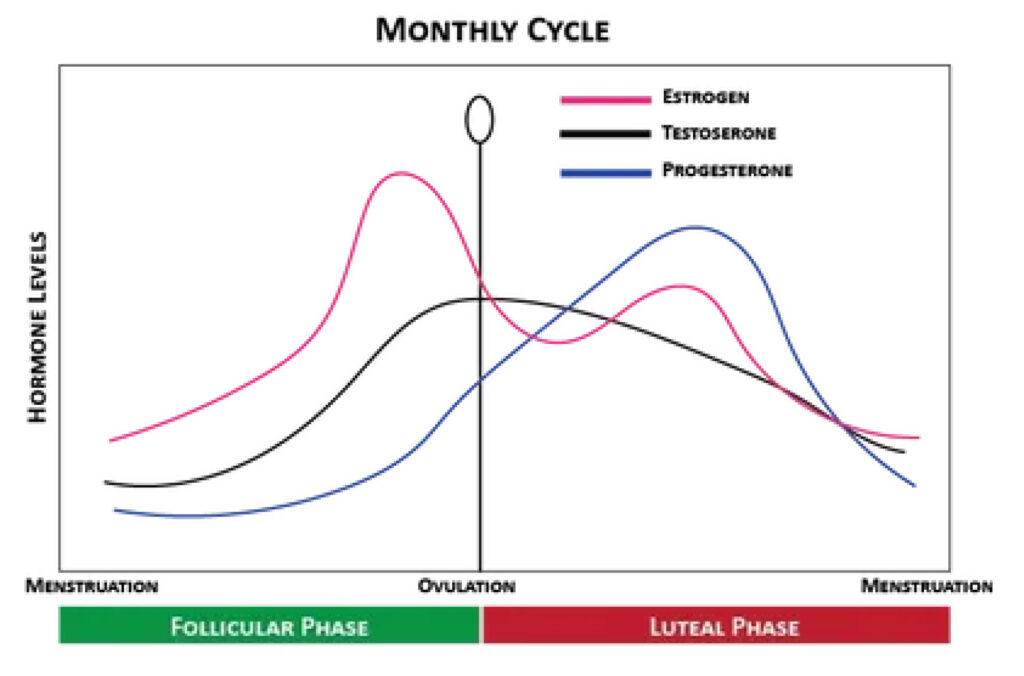
What can I expect from PMDD counselling?
PMDD counselling at Impart Therapy is a key part of treatment for premenstrual disorders like PMDD, PME, and severe PMS. Using evidence-based approaches like DBT, our therapists help clients manage the emotional and psychological symptoms triggered by hormonal fluctuations. You’ll work with your therapist to track symptoms, learn coping strategies, and reduce mood swings, anxiety, and distress during the luteal phase. Counselling is collaborative, compassionate, and tailored to your needs — offering both therapeutic support and PMDD-specific treatment.
How to Treat PMDD?
The first step is education and awareness, bringing attention to this serious disorder. The next step is real, viable help in the form of a bio-psycho-social approach. Medication. Vitamins. Hormones. Talk therapy. Meditation. Exercise. Diet. Any combination of these things can help regulate PMDD. Most importantly, though, is taking a diagnosis seriously.
How to deal with PMS depression?
PMS depression is linked to hormonal changes in the luteal phase, often causing mood swings, fatigue, and low motivation. Evidence-based treatments like Dialectical Behaviour Therapy (DBT), lifestyle tracking, and symptom-aware routines can help. At Impart Therapy, we support clients in developing emotional regulation skills tailored to their cycle.
If you think you may have PMDD, talk to your doctor.
You may be asked to track your symptoms for a period of three months before a diagnosis can be made, and you can download a tracker here.







